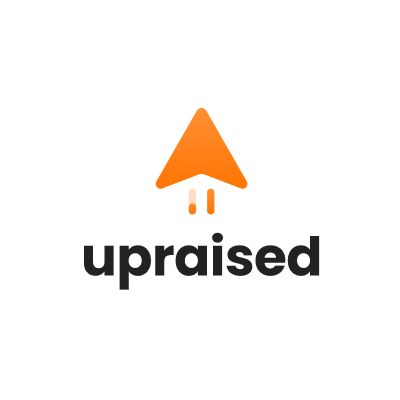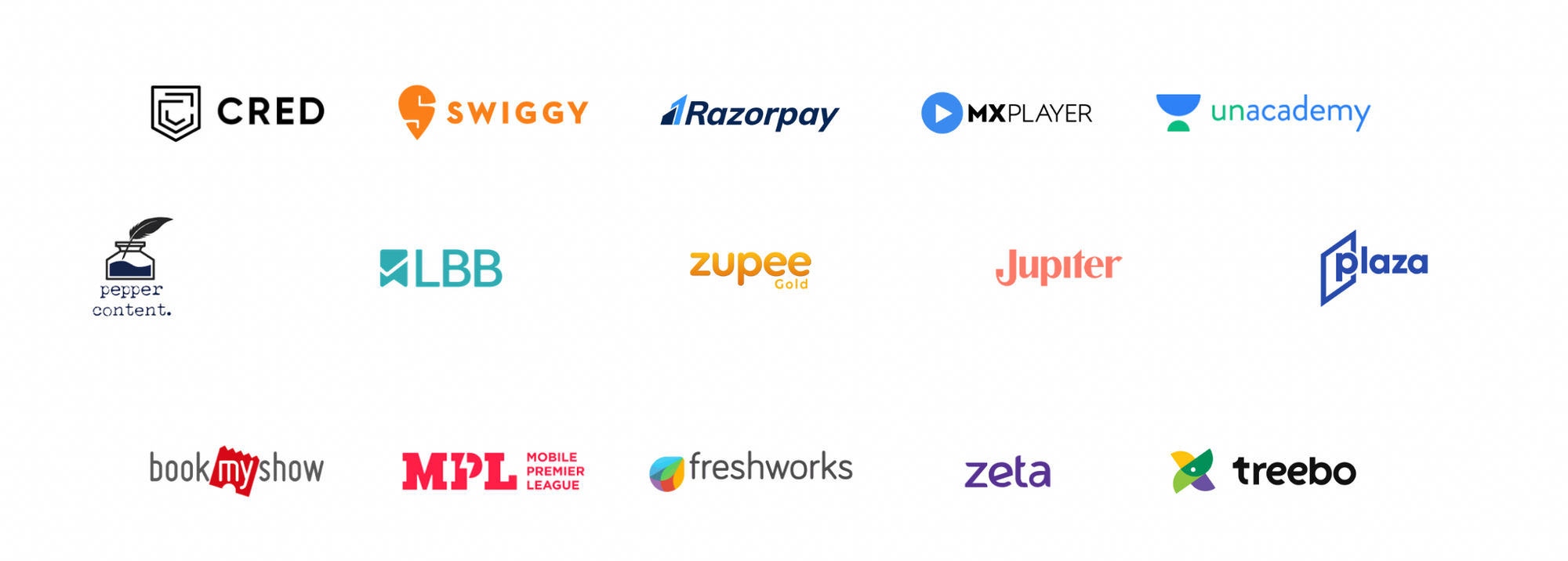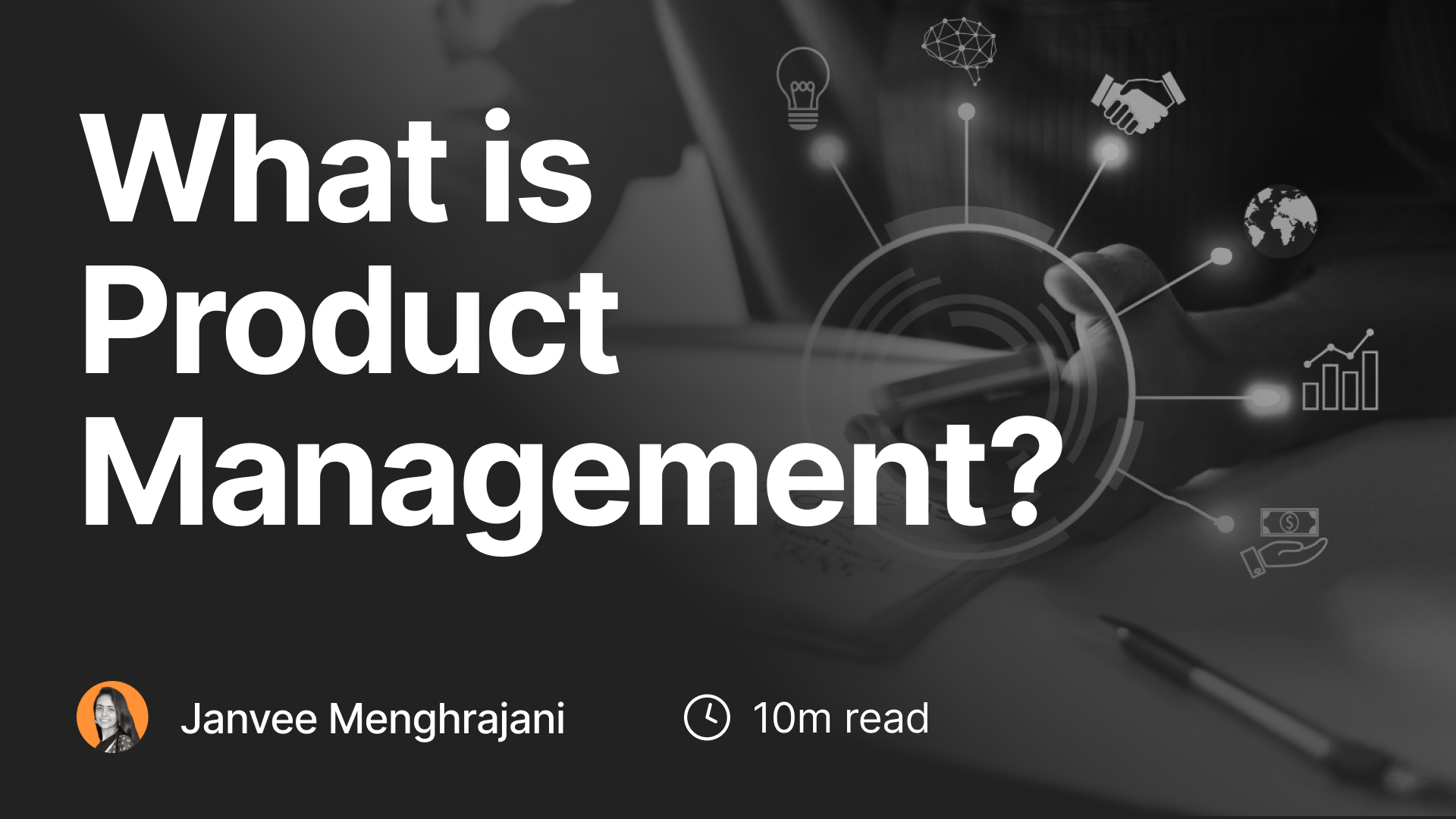Possessing an analytical and problem-solving mindset and the ability to work with stakeholders to develop a vision, strategy and roadmap to solve customer needs is essential to making a top-rated application.
Thorough interview preparation is the best way to get the confidence to rock your Product Management interview and land your dream job.
This ultimate guide contains questions and tips to ace your product management interview at top companies.
Typical Product Management Interview Process
The process of getting the call from HR to obtain the offer letter takes about 3-4 weeks on average.
Phase 1: Exploratory and Phone Screening Rounds
Exploratory Discussion
This is the stage when you’ll be interacting with your potential Hiring Manager. As soon as your CV is shortlisted, your recruiter will set up an exploratory discussion based on your availability.
🔓The intent of this round is to understand your past experience, expectations and aspirations for the future.
Common mistakes: Speaking poorly about previous employers and coworkers instead of focusing on your own journey.
Phone Screening - Product Thinking Round
Before you come for an onsite interview, you’ll have a discussion with one of your potential peers. This is a technical screening round which is primarily focused on past work experience, role-eligibility and a few problem-solving questions relevant to the role you’re being interviewed for.
🔓You can expect questions about your past experience, and major projects that you’ve worked on depending on the role you’re being evaluated for. The interviewer may deep dive into one of your projects that you have executed in the past to understand your strengths and weaknesses.
Common mistakes: Not being able to describe your previous projects and contributions to them in clear language.
Phase 2: Onsite Interviews
Problem Solving
You will be given a real-world problem statement where the interviewer will judge you on how you use structured thinking and frameworks to understand a problem on the macro level and break it down into deeper and smaller areas. The problem statement can be from any domain/industry/business/context. You can also expect non industry-based questions on metrics and guesstimates can also be part of this interview round.
🔓The interviewer will evaluate you on the breadth and depth of your thought process through this exercise. Be as exhaustive and thorough as possible.
Common mistakes: Thinking that there is a single universal solution and not exploring different possibilities, restricting yourself to artificial constraints.
Product Thinking
The interviewer will give you a problem statement and will ask you to create the product strategy and roadmap around it. You can expect the problem to be hazy. This is why you need to try and look deeper into the problem, and figure out the exact customer problem that needs to be solved before starting on product solutions. Never lose focus on the customer or what you are trying to achieve for him/her.
🔓You’re expected to have clarity around the success metrics of products and versions you lay out during the interview.
Common mistakes: Not pinpointing the exact problem you are trying to solve and instead trying to solve the initial ‘hazy’ problem statement.
Business Understanding
You can expect questions about business strategy, industry landscape, and competitors from industries you have previously worked on. The interviewer may also give you a business problem from any other domain and ask you to come up with suggestions.
🔓You are expected to understand and contribute to business strategies as you move up the ladder. Having a strong sense of, both, short-term and long-term business goals and adding them to product roadmaps is a critical job which Product Managers do
Common mistakes: Trying to bluff your way past these questions or not being well-versed with the industry in focus.
Engineering Understanding
This round is for understanding your past experience, and how deeply you understand engineering implementations. The interviewer will nudge you around a few engineering calls and enquire on why certain decisions were taken.
🔓The intent of this round is to evaluate your expertise or learnability in being part of a complex engineering journey like ours.
Common mistakes: Just focusing on the expertise part of the interview and not being able to show a willingness to learn.
Team Fitment
The interviewer will try to understand your aspirations, inspirations and motivations, self-awareness, leadership ability, stakeholder management, strengths and weaknesses, etc.
🔓The intent of this round is to evaluate your team fitment based on your experience, interests and Strengths demonstrated across other rounds
Common mistakes: Trying to present an ideal self before the interviewer and not your actual self.
Culture Fitment
In this round, you are being evaluated for your cultural fitment at the company you are interviewing. The round is meant to assess whether you would be a good fit for the company or not. There are no right or wrong answers. Be honest and think thoroughly before you answer.
🔓There may be questions about your past experiences, career aspirations, hypothetical scenarios, your strengths and weaknesses, etc. We highly recommend that you invest some time in preparing yourself for the interview.
Common mistakes: Lying about your personality in order to seem more aligned with what you perceive the company wants.
Product Management Interview Questions
1. Introduce yourself. Why are you interested in product management?
🎯Pro Tip: They aren’t looking for a very detailed introduction, focus on your spikes (things you are very good at), and try to weave a story around yourself.
2. If you are a Chief Product Officer for YouTube, how would you explain the product to someone? What are the top three metrics you would keep track of?
🎯Pro Tip: They are looking to see how you decide what success looks like while thinking on your feet.
3. Pick a feature from a product of your choice & tell us how you will assess the success of that feature. Assume it is being launched now.
🎯Pro Tip: They are testing your daily observation skills and ability to break down a product to its essentials.
4. Estimate the sale of colored TVs in Flipkart during diwali.
🎯Pro Tip: They are testing your ability to guesstimate and take decisions when faced with a lack of data using your discretion.
5. Explain the ad tech market - the key players, what drives customer stickiness, the revenue model, and where the profit pools are.
🎯Pro Tip: They are judging your ability to analyze a market and discuss those insights with stakeholders while not skimping on details.
6. Amazon is planning to expand its operations to Tier 1 and Tier 2 cities. They have observed that users don't trust the brand. What should they do to build trust with the user base?
🎯Pro Tip: They are testing your off-hand problem solving skills and allows them to see how you structure your thought process when faced with a vague/abstract problem.
Mock Interview: How would you solve the traffic problem in Bangalore?
Questions to Ask the Interviewer
1. Can you show me examples of projects I’d be working on?
📌Why ask this: Shows your curiosity and enthusiasm for the company & your planning abilities.
2. What does a typical day look like?
📌Why ask this: Shows you care about company culture, and are curious about how you would spend your time at the company.
3. What are the biggest challenges that someone in this position would face?
📌Why ask this: This shows you have a planning nature and are eager to learn about the intricacies of the role.
4. What are the performance expectations of this position over the first 12 months?
📌Why ask this: Shows you know how to do expectation setting and want to understand the demands of the company from you.
5. What’s your favourite part about working here?
📌Why ask this: Shows you are eager to learn about company culture.
6. What are the current goals that the company is focused on, and how does this team work to support hitting those goals?
📌Why ask this: Shows you want to understand the company vision and how you would contribute to it.
Day in Life of a Product Manager
Product Managers, unlike other members of a team like Software Developers or Designers, do not have a clearly defined job description, especially in a startup environment. They have to wear multiple hats over the course of the day, with their job entailing people management, expectation setting, coordination, business analysis, and leading teams.
Over the course of a day, a product manager might have to manage a project’s timeline and budget, gather requirements, and collaborate with the development team to deliver products to the client. They have to start prioritizing new enhancements and updating the iteration plans. They have to ask the development team for the new estimations, add additional members to the team, or renegotiate the project scope with the client to make sure that they can deliver a working increment within the time and budget approved by the client.
And meetings, a whole lot of meetings :)
Important Do’s and Don’ts
Do’s
- Be prepared
- Create a spike
- Differentiate yourself
- Think before you speak
- Be authentic and candid
- Ask away
- Show passion for product and company
Dont’s
- Leave preparation for the last day
- Try to follow exactly what the previous candidates did
- Rush into answers
- Try to fabricate or distort facts
- Be too afraid to ask anything
- Have no enthusiasm for the product/company
- Be too nervous to enjoy the process
Overall Interview Tips
While appearing for interviews at high-growth companies, a candidate should exhibit honesty and have a strong reason for wanting to join their team.
Apart from exceptional Product Management skills, they look for a dependable and well-rounded individual that operates with a user-first approach. Product Managers have to work in a collaborative environment which makes good communication skills a must amongst other qualities like the ability to prioritise and execute fast.
What makes any candidate a strong YES for everyone on the interview panel is their approach to the problem statement and the structure of their solution. This post has tried to cover all the information one needs to crack a product management interview.
The suggestions and strategies listed above will help you get rid of interview anxiety and make you a calm and confident candidate, one that is the perfect fit for the company you are interviewing at.
Best of Luck!




